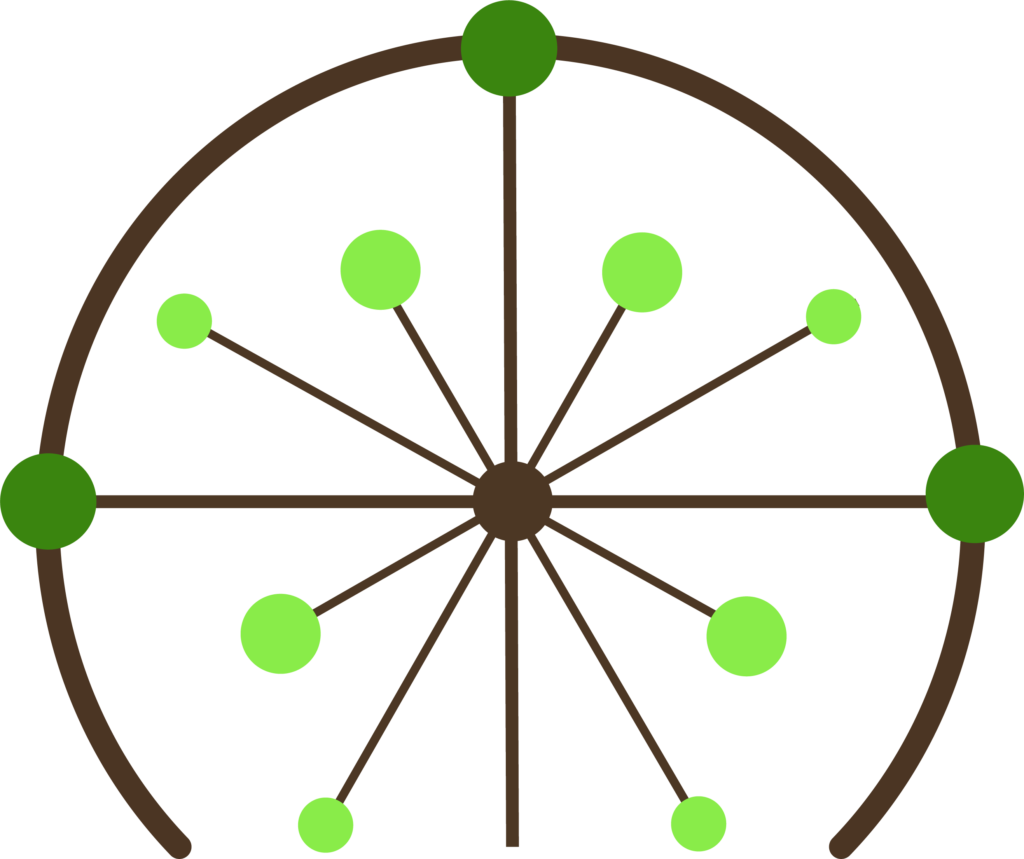

Kasia Haftek-Lis
Warsaw, Poland
Certified UM Trainer/Teacher
Research in psychology and neuroscience reveals that our brains are wired for survival, often overshadowing happiness. Coupled with the influence of cultural conditioning and the rapid pace of technological change, this can lead to increased suffering. However, the Unified Mindfulness framework offers a path to transformative change. Happiness is attainable and learnable; it demands patience, practice, and persistence, yielding profound results.
My journey with mindfulness gained momentum when I encountered the Unified Mindfulness System in 2016. Its encompassing and secular approach deeply resonated with me. My diverse background, spanning linguistics, journalism, and soon-to-be clinical psychology, enriches my coaching approach, sprinkled or peppered with lifelong learning from relationships as a mother, wife, and entrepreneur. In hindsight, my first mindful experience happened when I first swam in the salty waters of the Mediterranean Sea. Just twelve and unfamiliar with swimming, I surrendered to the saltwater’s safe embrace. It allowed me to learn to swim without anyone’s help. It meant discovering what concentration and self-trust felt like. And oh, what equanimity I must have had then!
Nevertheless, mindfulness skills require practice, and having a companion along the way is a good idea, especially in the beginning. I became a UM coach and teacher to share with others the pursuit of mindful happiness. Happiness, an art and choice, unfolds through positivity. The contemplative practices intend to help you discover your inner emotional landscape, cultivating the art of self-regulation and positive thinking, like water effortlessly adapting to any form – whether to the gentle ripples of minor change or the big waves of a challenge.
I am aware of many obstacles to defining and discovering happiness. Like water flowing along the riverbed, it flows over rocks and turns.
But… life was never set out to be all unicorns and rainbows.
Care to voyage alongside? Hop on the positivvity raft! The privilege is mine.
Julianna received her BA in psychology from Duke University. As founder, president, and head trainer of Unified Mindfulness, she is dedicated to disseminating Shinzen Young’s comprehensive mindfulness meditation system through the creation and presentation of educational programs and teacher-training certification programs.
Dr. Hunter serves as associate professor of practice and is the founding director of the Executive Mind Leadership Institute at the Peter F. Drucker Graduate School of Management, Claremont Graduate University. He also serves as visiting professor at the University of Virginia Darden School of Business, where he developed and co-teaches the Leading Mindfully executive education program..
Dr. Eisendrath serves as chief psychologist and president of the Institute for Dialogue Therapy, P.C., where, as a Jungian analyst, she offers psychotherapy with individuals and couples, psychoanalysis, supervision, and training.
Dr. Vago serves as the research director of the Osher Center for Integrative Medicine and the director of the Contemplative Neuroscience and Integrative Medicine (CNIM) Laboratory at Vanderbilt University Medical Center. He is an associate professor in the Department of Physical Medicine and Rehabilitation and the Department of Psychiatry.
Stella is a psychologist, professor, and Zen practitioner. She became a formal student in 2008 in the Soto Zen tradition. She teaches courses in mindfulness based psychotherapies and the psychology of compassion at the Union Institute & University. She also co-facilitates a family program and young adult program at Shao Shan Temple, in Woodbury Vermont.
Dr. Creswell serves as a tenured associate professor in the Department of Psychology at Carnegie Mellon University. He is also the director of the Health & Human Performance Laboratory at Carnegie Mellon University.
Dr. McCormick currently serves as director of education at Unified Mindfulness. In 1975, he received a B.A. in psychology from the University of California Santa Cruz, where he was part of Dr. Elliot Aronson’s research team that examined cooperative approaches to reducing interracial conflict and academic performance problems in newly integrated school, and made Honors in Psychology, College Honors, and Thesis Honors.
UnifiedMindfulness.com is the official teacher training platform for Shinzen and the Unified Mindfulness System.
Created over 50 years of research and testing by Shinzen Young, Unified Mindfulness is a system of meditation that’s easily researchable by science, with clear terminology and rigorous precision around concepts and procedures.
The Unified Mindfulness system is a comprehensive, robust and refined support structure that any individual at any stage of meditation practice can rely on to go deeper in their insight and their ability to share it with others. It is also a secular form of meditation, which means it’s not religious in any way so anyone, of any faith, can do it.
